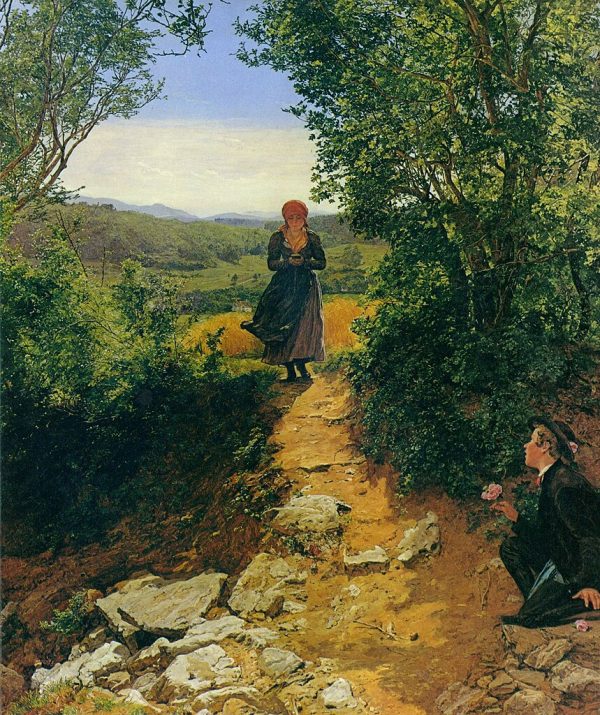You and a friend agree to meet on New Year’s Day at the Mozart Café in Vienna. You fly separately to the city but are dismayed to learn that it contains multiple cafés by that name.
What now? On the first day each of you picks a café at random, but unfortunately you choose different locations. On the second day you could both go out searching cafés, but you might succeed only in “chasing each other’s tails.” On the other hand, if you both stay where you are, you’ll certainly never meet. What is your best course, assuming that you can’t communicate and that you must adopt the same strategy (with independent randomization)?
This distressingly familiar problem remains largely unsolved. If there are 2 cafés then the best course is to choose randomly between them each day. If there are 3 cafés, then it’s best to alternate between searching and staying put (guided by certain specified probabilities). But in cases of 4 or more cafés, the best strategy is unknown.
In 2007 a reader wrote to the Guardian, “I lost my wife in the crowd at Glastonbury. What is the best strategy for finding her?” Another replied, “Start talking to an attractive woman. Your wife will reappear almost immediately.”




